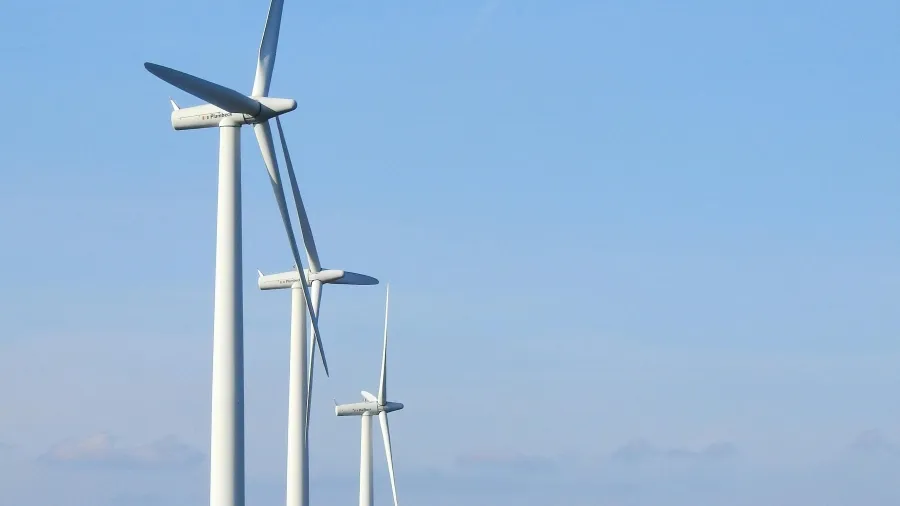
China leads global wind turbine orders to a record high in 2023
Global wind turbine orders rose by 16 GW year-on-year to reach 155 GW.
The global wind turbine order posted a record 155 gigawatts procured in 2023, up by 16 GW from 2022, with China logging the largest annual order intake on record at 100 GW, according to a report by Wood Mackenzie.
China marks its consecutive year of at least 90 GW of order intake driven by onshore wind demand.
The Western markets also broke their records with 55 GW of order intake, bringing the global annual investment for wind turbines estimated to have reached $83b.
ALSO READ: Vietnam to build largest onshore wind turbine by diameter
“A record haul outside of China in Q4 and a near doubling of order capacity in North America throughout 2023 helped continue market recovery for Western markets, with a 26% increase in order intake YoY,” said Luke Lewandowski, Vice President, of Global Renewables Research at Wood Mackenzie.
In Western markets, Europe led with 19 GW followed by North America with 17 GW.
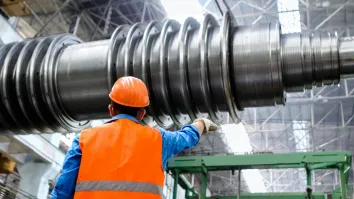
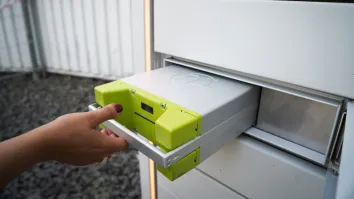
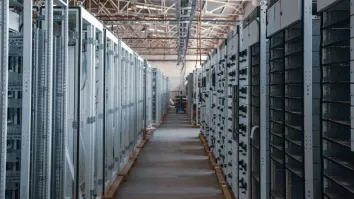
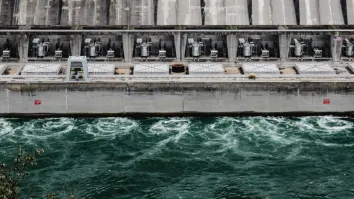













 Advertise
Advertise







